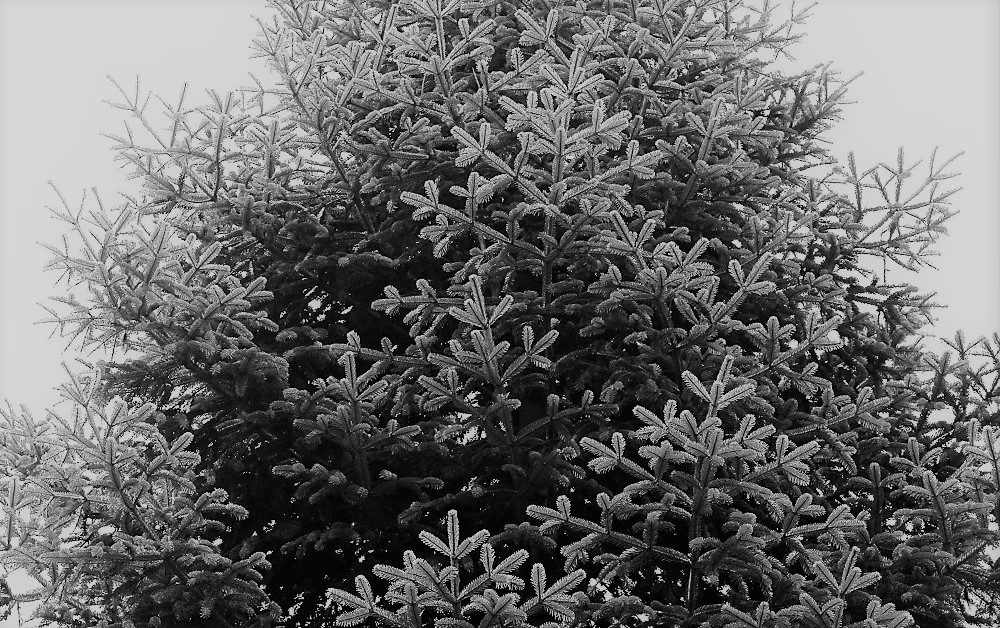World War 1: the Christmas truce of December 1914
 The war had been raging for 4 months and 3 weeks. But on Christmas Eve 1914, the guns
suddenly fell silent, as many German and British soldiers put down their weapons to
extend the hand of friendship.
The war had been raging for 4 months and 3 weeks. But on Christmas Eve 1914, the guns
suddenly fell silent, as many German and British soldiers put down their weapons to
extend the hand of friendship.
The Christmas truce was a series of widespread, unofficial ceasefires that took place between 24 and 26 December 1914. About 100,000 British and German troops were involved. Not all units knew about it, but it was widespread across at least half of the British front.
The first documented, unofficial truce took place on 11 December 1914, when soldiers of the 2nd Essex Regiment fraternised with soldiers of the 19th Saxon Corps. According to the war diary of the day: ‘Officers and men of A and D Company met Germans half-way between the trenches. Germans said they were fed up.’
However, it was on Christmas Eve 1914 that widespread fraternisation occurred, breaking out spontaneously, up and down the lines. The weather that day was below freezing, and in some places, it had begun to snow. According to Private Albert Moren, of the 2nd Queens Regiment, on that moonlit night, near the French village of La Chapelle-d'Armentières, German soldiers could be heard singing Silent Night.
Rifleman Graham Williams, of the 5th London Rifle Brigade, recalled how the mood rapidly spread: ‘Then suddenly lights began to appear along the German parapet, which were evidently makeshift Christmas trees, adorned with lighted candles, which burnt steadily in the still, frosty air. First the Germans would sing one of their carols, and then we would sing one of ours. The Germans immediately joined in, and I thought, well, this is really a most extraordinary thing – 2 nations both singing the same carol in the middle of a war.’
In some places, food was thrown into each other’s trenches. In others, men cautiously advanced out of their trenches to shake hands, drink schnapps, swap buttons, tobacco and chocolate, and show each other photos. John Ferguson, of the 2nd Seaforth Highlanders, recalled: ‘Out of the darkness we could hear laughter and see lighted matches, a German lighting a Scotchman's cigarette and vice versa, exchanging cigarettes and souvenirs.’
On Christmas Day itself, there were numerous reports of Germans and British holding joint services to bury their dead. There were also reports of several football matches being played between opposing armies. The 133rd Royal Saxon Regiment played a game against ‘Scottish troops’, and another match was played in the sector of the Argyll and Southern Highlanders. The Royal Field Artillery and the Lancashire Fusiliers were also involved.
However, the top brass were furious.
When General Sir Horace Smith-Dorrien, commander of the British II Corps, learned of the consorting, he was irate: ‘I have issued the strictest orders that on no account is intercourse to be allowed between the opposing troops. To finish this war quickly, we must keep up the fighting spirit and do all we can to discourage friendly intercourse.’
Inevitably, both sides were soon ordered back to their trenches. Captain Charles Stockwell, of the 2nd Royal Welch Fusiliers, recalled how the peace ended early on Boxing Day, 1914. ‘At 8:30, I fired 3 shots into the air and put up a flag with ‘Merry Christmas’ on it on the parapet. He [a German] put up a sheet with ‘Thank You’ on it, and the German captain appeared on the parapet. We both bowed and saluted and got down into our respective trenches, and he fired 2 shots into the air, and the war was on again.’
The truce was fully publicised from the moment news of it reached home. Throughout January 1915, numerous local and national newspapers in Britain printed letter after letter from soldiers who took part. Papers ran eye-catching headlines, such as ‘Extraordinary unofficial armistice’, ’British, Indians and Germans shake hands’, and they even printed photographs of the Britons and Germans in no man's land. Germany also gave the event press publicity, though on a smaller scale, and for a shorter period of time.
Publishing a year later, Sir Arthur Conan Doyle, in his history of 1914, called the Christmas truce ‘an amazing spectacle‘, and in a memorable description, saluted it as ’one human episode amid all the atrocities which have stained the memory of the war’. Despite attempts on New Year’s Eve 1914, no further truces were ever held.
